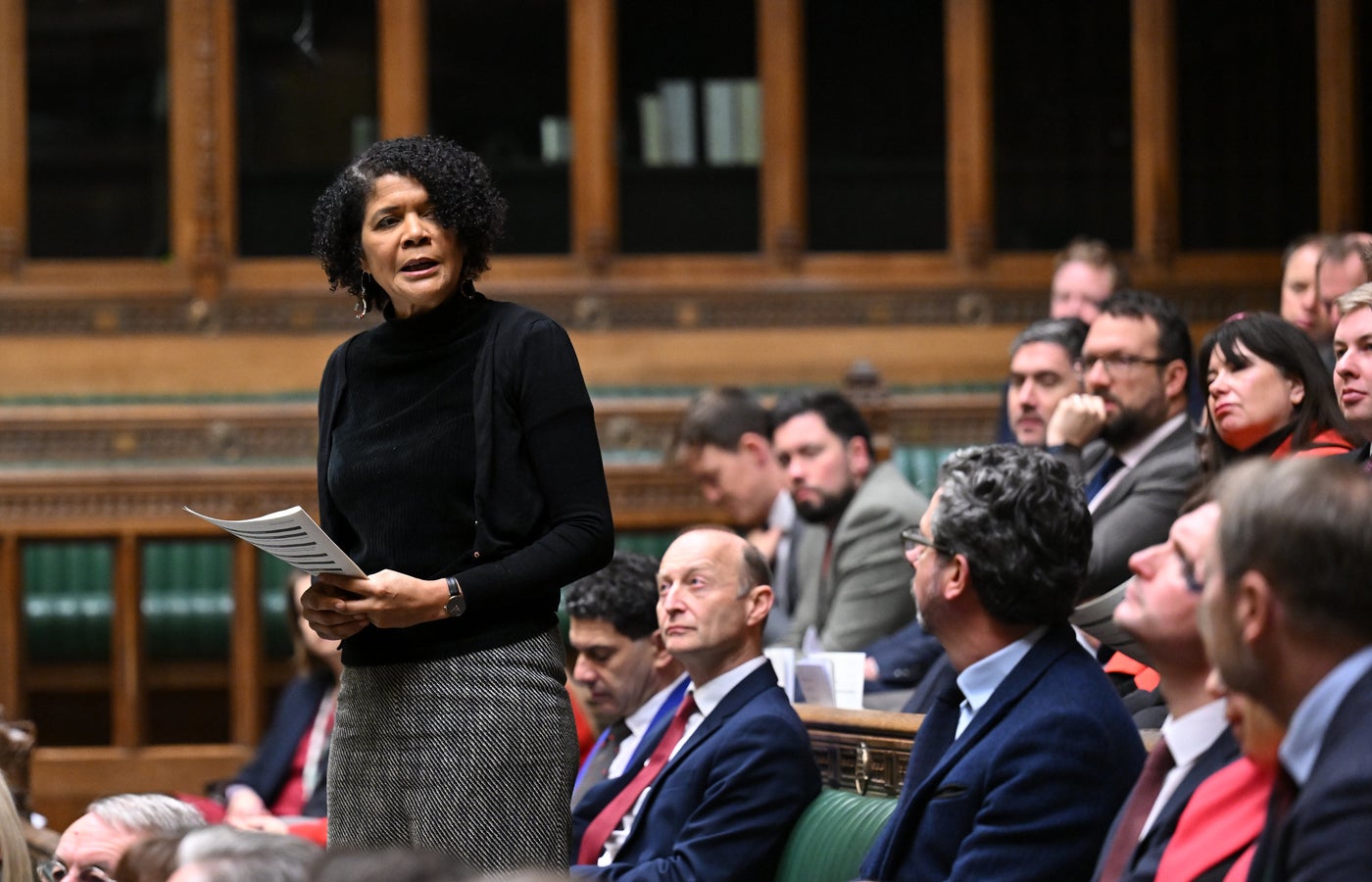
Fears Grow Over Delay of UK AI Safety Bill to Appease Trump Camp
- 24.03.2025 18:00
- techrepublic.com
- Keywords: AI, Government
The UK delays its AI Safety Bill, possibly to appease U.S. demands. Critics warn this may harm innovation and economic growth.